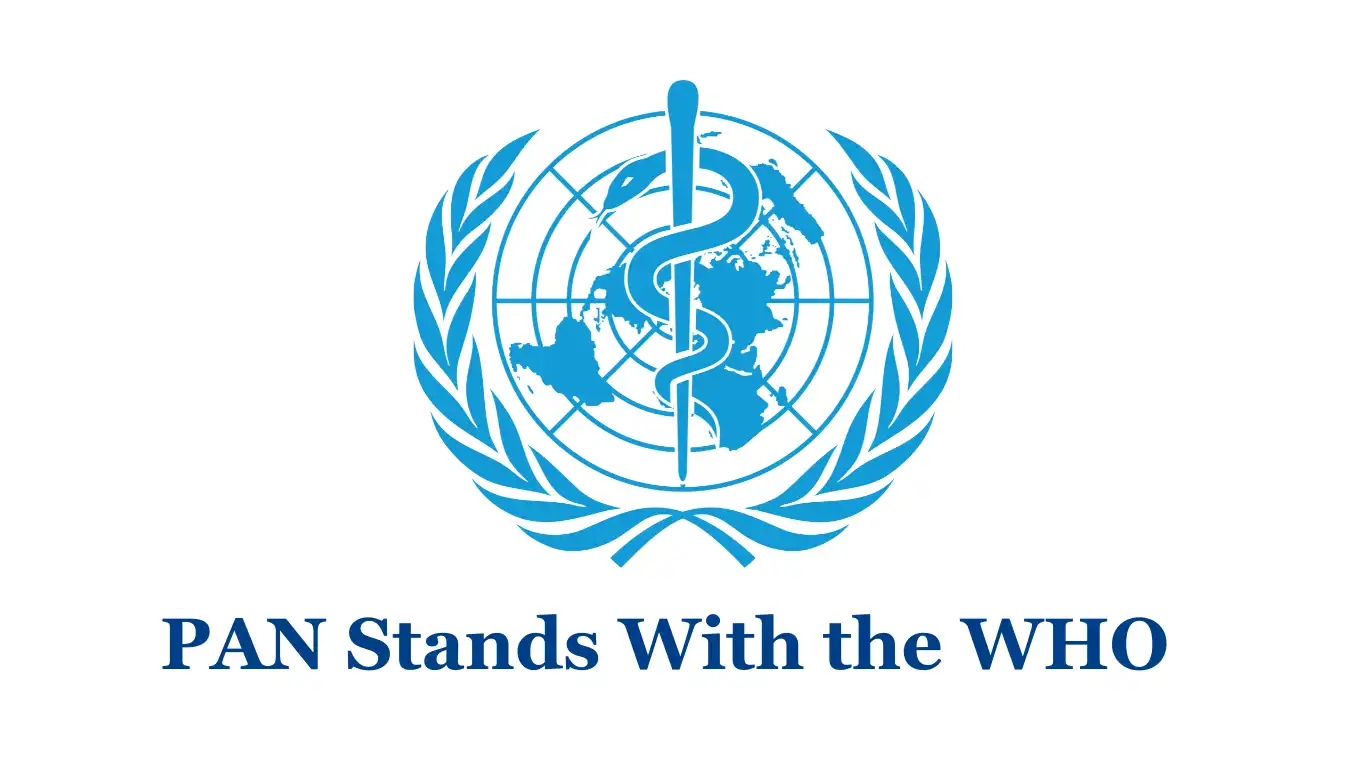Gabrielle Fitzgerald, Co-founder, Pandemic Action Network
It was an honor to have the opportunity to speak today at a meeting with UN ambassadors and global health leaders convened by the U.S. Ambassador to the United Nations, Linda Thomas-Greenfield, together with UN Representatives of Norway, Argentina, and South Africa, on how to strengthen the pandemic preparedness and response architecture
In preparing for today, I went back and reviewed many of the papers and recommendations that were prepared in response to the West Africa Ebola outbreak, many of which I took part in. In looking at these papers, written just five or six years ago, two things stood out:
First, the vast majority of the financing discussions were focused on how to ensure there were adequate funding mechanisms for responding to disease outbreaks, and very little on how to prepare.
Second, I saw that one paper begot another commission which begot another paper, into a seemingly endless cycle, with minimal action.
To be fair, there were some important changes following the West Africa outbreak: The Coalition for Epidemic Preparedness Innovations, or CEPI, was created — a critically important organization that helps accelerate the development of new vaccines for emerging infectious diseases with pandemic potential. The World Health Organization’s Health Emergencies Programme was strengthened, and a Contingency Fund for Emergencies was capitalized. But the more far-reaching, systemic issues were not addressed, because there was no political will at the time to carry recommendations of that nature forward — and the world once again turned its attention elsewhere.
Pandemic Action Network was founded to make sure this doesn’t happen again. Our mission is to build political support for a rapid end to the COVID-19 pandemic and to ensure long-term pandemic preparedness. We are now a network of more than 100 organizations and growing, representing a range of stakeholders from across sectors and geographies, that have come together to build and sustain that political will. To that end, our Network has set out a bold, but achievable, agenda for action by world leaders in 2021.
In today’s session, I stressed that there is a political window of opportunity that exists now that shouldn’t be missed. As the COVID-19 pandemic rages on, it might be tempting to say that all our energies should be focused on responding to this disease. The urgency is great, but we must raise our level of ambition and act on both fronts. With pandemic threats now emerging on the order of at least once every decade, world leaders cannot wait until COVID-19 is behind us to take action on ensuring countries are prepared for the next pandemic.
As global leaders consider options for how to ensure there is a sufficient, predictable, and sustainable funding model to support pandemic preparedness, I encouraged the group to take into account five principles:
Act with urgency — COVID-19 has shown us that a pandemic has massive economic, social, and security implications. The funding mechanism should be developed quickly, and governed, resourced, and structured to drive rapid investments and results.
Focus on preparedness — The funding mechanism must be focused specifically on accelerating and sustaining preparedness for the looming threat of epidemics and pandemics.
Promote head of state leadership and country ownership — COVID-19 makes clear that pandemics are not only a health threat, they are also a grave economic and security threat. We need to ensure that every head of state treats pandemic preparedness as a top priority and leads their country in developing and implementing a whole-of-government national action plan to close their preparedness gaps and maintain readiness for the next pandemic threat.
Ensure additionality — Funding for better preparedness requires substantial new and targeted investments, commensurate with the global threat and national needs, but these funds must not come at the expense of other existing global health priorities and investments.
Bolster accountability — The funding mechanism must drive accountability for progress against widely agreed health security measures, including the International Health Regulations (IHRs) and joint external evaluation (JEEs), and must have a diverse and independent global governance structure that includes civil society and the private sector.
In the spirit of urgency, I encouraged the UN member states represented at the meeting to not let “perfect be the enemy of the good.” We cannot afford to wait to have every detail figured out before we move forward on creating and beginning to implement a new financing mechanism to support preparedness.



